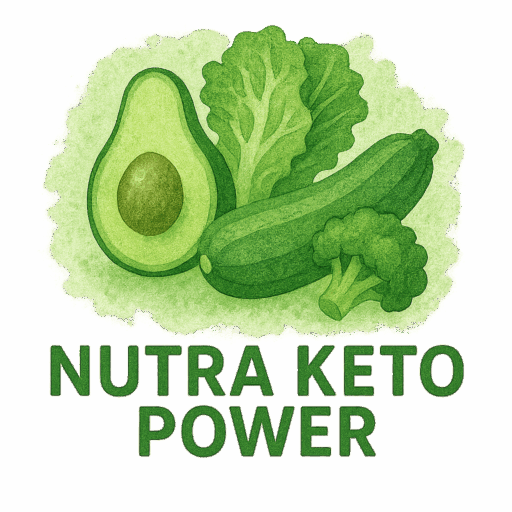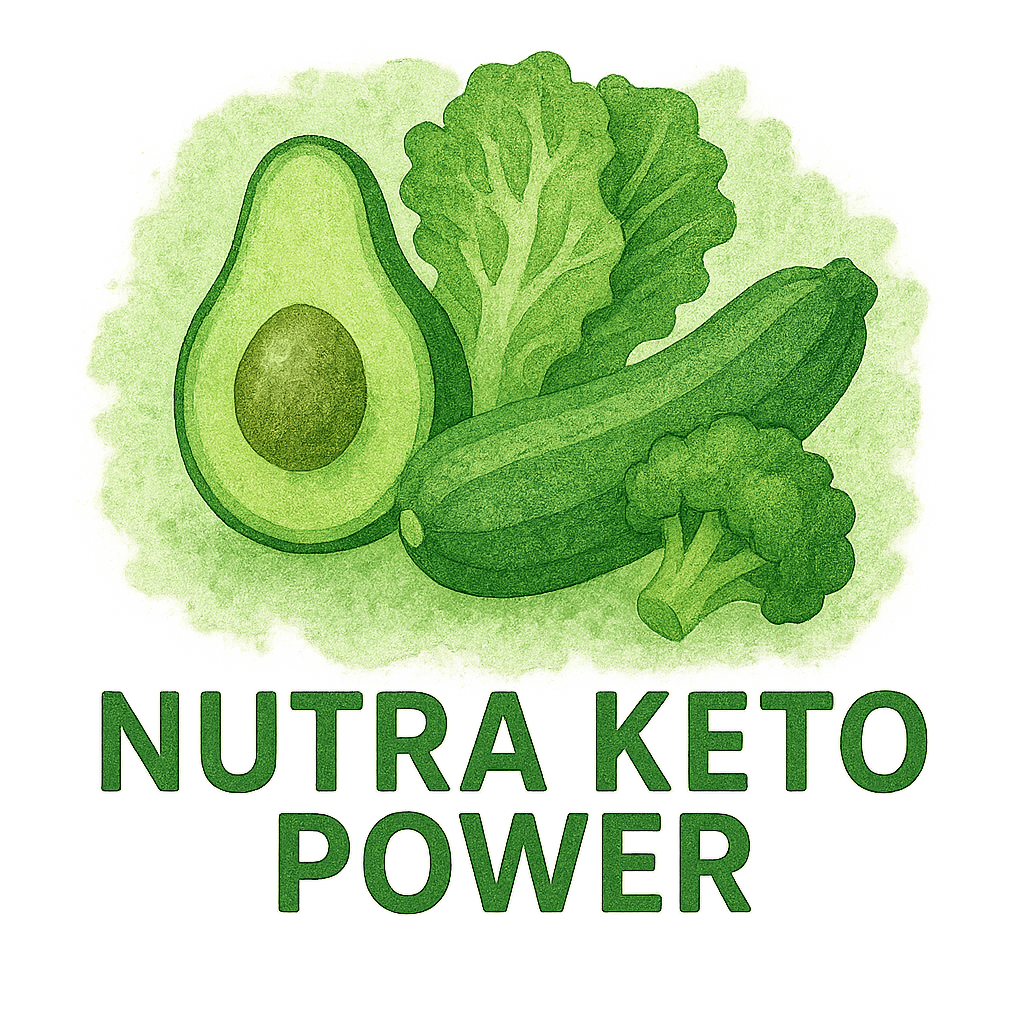Ever toss and turn all night even though you’re totally exhausted? You’re not alone—and believe it or not, your diet could be the culprit. Let’s talk about how the keto diet can help you finally catch those elusive Zzzs.
Why Your Sleep Struggles Might Be Diet-Related
The Link Between Sleep and Nutrition
Think sleep is just about turning off the lights? Not quite. What you eat plays a huge role in how well you sleep, from hormone regulation to blood sugar stability.
How Keto Changes Your Body’s Rhythm
A ketogenic diet is high in fats, low in carbs, and moderate in protein. This shift influences everything—from how your body burns fuel to how it regulates stress and even your sleep cycle.
1. Balancing Blood Sugar for Restful Nights
No More Sugar Crashes
Ever had a midnight wake-up call from your body craving sugar? That’s your blood sugar plummeting. High-carb diets cause spikes and crashes in glucose, making it hard to stay asleep.
How Glucose Swings Disrupt Sleep
When glucose crashes, cortisol and adrenaline spike—two hormones that make your heart race and wake you up. Not ideal at 2 AM, right?
Keto Keeps Glucose Stable Overnight
With steady energy from ketones, keto prevents those blood sugar rollercoasters. You sleep longer and deeper because your body isn’t panicking over sugar shortages.
👉 Want to understand how this ties into weight loss too? Check out our Keto for Weight Loss guide.
2. Reducing Cortisol and Stress Hormones
Keto and Cortisol: A Calm Combo
Chronic stress jacks up cortisol, which can make sleep nearly impossible. The keto diet helps balance hormones by eliminating blood sugar fluctuations and reducing systemic inflammation.
The Stress-Sleep Cycle
Less stress equals better sleep. Better sleep equals less stress. It’s a win-win loop, and keto helps jumpstart that cycle.
Want more wellness habits? Visit our Keto Lifestyle section.
3. Boosting GABA Production Naturally
Keto and Brain Chemistry
GABA (gamma-aminobutyric acid) is your brain’s natural “chill pill.” Low levels make you anxious and restless.
GABA and Relaxation
Studies suggest keto can increase GABA levels and decrease glutamate—helping you relax and fall asleep faster. Talk about mental zen!
Need keto supplements that support your brain and sleep? Dive into our curated Keto Supplements.

4. Encouraging Deep, Restorative Sleep
Why REM and Deep Sleep Matter
REM sleep is where dreams happen. Deep sleep is where healing happens. Both are vital.
Keto’s Role in Quality Sleep Cycles
Because keto promotes consistent blood sugar and supports melatonin production, your body can spend more time in these deep stages of sleep.
Explore the full range of Keto Benefits to see how else it helps your body thrive.
5. Magnesium and Keto: A Sleepy Super Duo
Magnesium-Rich Keto Foods
Think spinach, pumpkin seeds, almonds, and avocado—yum! These keto-friendly foods are magnesium powerhouses.
How Magnesium Helps You Drift Off
Magnesium helps regulate melatonin and GABA, both critical for sleep. It also calms the nervous system, letting your body wind down naturally.
For more food ideas, visit our delicious Keto Recipes or explore the tag: recipes.
6. Supporting a Healthy Circadian Rhythm
Keto and Melatonin Sync
Ketosis may help regulate melatonin, the “sleep hormone.” When your body makes melatonin at the right time, it knows when to sleep—and when to rise.
Regulating Sleep-Wake Patterns
Sticking to a keto routine can reinforce healthy daily rhythms. Add in proper light exposure and meal timing, and you’re golden.
Browse our tag: routine content for more sleep-supporting habits.
Other Tips to Maximize Keto Sleep Benefits
Meal Timing and Sleep
Eating your last meal 3 hours before bed helps digestion settle. Heavy late-night meals—even keto ones—can disturb sleep.
Hydration and Electrolytes
Dehydration and low electrolytes are common keto side effects that disrupt sleep. Make sure you’re balancing sodium, potassium, and magnesium daily.
For supplement help, visit Nutra Keto Power or explore our dedicated tag: supplement.
Conclusion: Keto Isn’t Just for Weight Loss—It’s for Great Sleep Too
If you’re struggling with sleep, it’s time to look beyond melatonin gummies and sleepytime tea. Keto helps optimize your body from the inside out, and better sleep is one of its hidden gems. From blood sugar stability to hormone balance and natural GABA boosts, keto offers more than just fat-burning benefits—it offers rest.
Ready to make a change? Visit Nutra Keto Power for a full wellness transformation!
FAQs About Keto and Sleep
1. Can keto really help me fall asleep faster?
Yes! By stabilizing blood sugar and boosting GABA, keto can help you fall asleep more quickly and naturally.
2. Why do I sleep worse when I first start keto?
This is common. It’s part of the “keto adaptation” phase. Your body’s adjusting, and it usually improves within a week or two.
3. Should I take supplements for better sleep on keto?
Magnesium, potassium, and sodium are key. Explore our keto supplements for options.
4. Can keto help with insomnia?
It can! Many find that keto reduces anxiety and nighttime awakenings, key contributors to insomnia.
5. What are the best keto foods for sleep?
Avocados, almonds, fatty fish, and leafy greens are rich in magnesium and healthy fats that support sleep.
6. How does keto compare to a high-carb diet for sleep?
High-carb diets spike blood sugar and insulin, which can disrupt sleep cycles. Keto keeps things steady.
7. Where can I learn more about the science behind keto and sleep?
Dive into our tag: science section for deeper insight.


